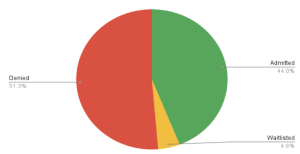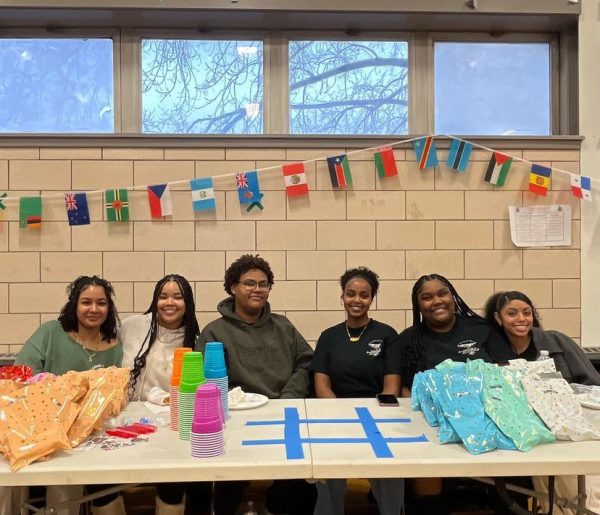Thousands of Protesters Take to the Streets Across France
January 23, 2019
Thousands of protesters took to the streets across France on Saturday for the tenth consecutive weekend of demonstrations. In Paris, several thousand protesters wore yellow reflective vest, known in France as gilets jaunes.
Unlike typical French street demonstrators, the gilets jaunes are a loosely organized movement that doesn’t officially identify with political parties or unions. About 80,000 police officers were deployed across the country.
According to France’s interior ministry the turnout on Saturday was about 84,000 protestors.
The yellow-vest movement started in November as a protest against an increase in gasoline tax, and developed to a broader cry against President Macron.
Yellow-vests have staged protests, sometimes violent, every Saturday over the past two months. The protests have forced Mr. Macron to back down for the first time in his presidency and delay a fuel-tax increase scheduled for January.
President Macron said, “When we change things, we shake up habits and people aren’t necessarily happy.”
President Macron is trying to channel yellow-vests anger through public debates.
The French government started organizing public debates to discuss four main issues: taxes and public spending, public services and the organization of local administrations, France’s transition to a low-carbon economy and democracy and citizenship.
Concerned citizens can now register on a government website to organize meetings in local auditoriums or even their living rooms.
Mayors provide organizers with documents about economic statistics to help organize the discussions.
At the end of each meeting, organizers must write a report summarizing the meeting’s discussion points and the reports get published on the government’s website.
On Saturday, a dozen meetings were held in town halls, restaurants and public parks across the country.
However, starting March 1, the discussions will be narrowed to regional debates including randomly selected citizens, according to a spokeswoman from the prime minister’s office.
At the end, the government will compile all of the meetings’ reports submitted by organizers to a government’s report that can be used to create new measures.



